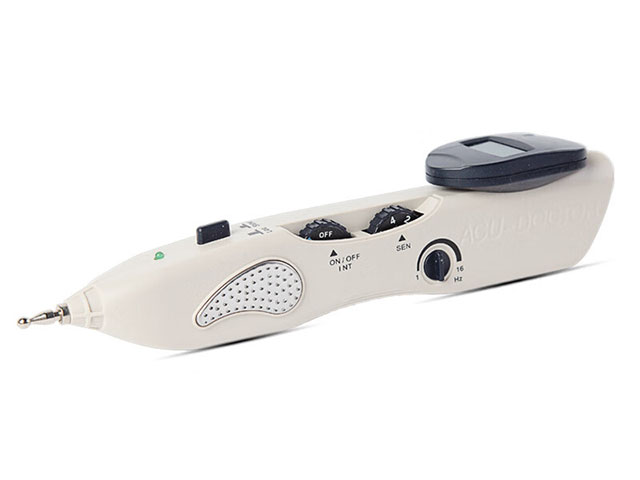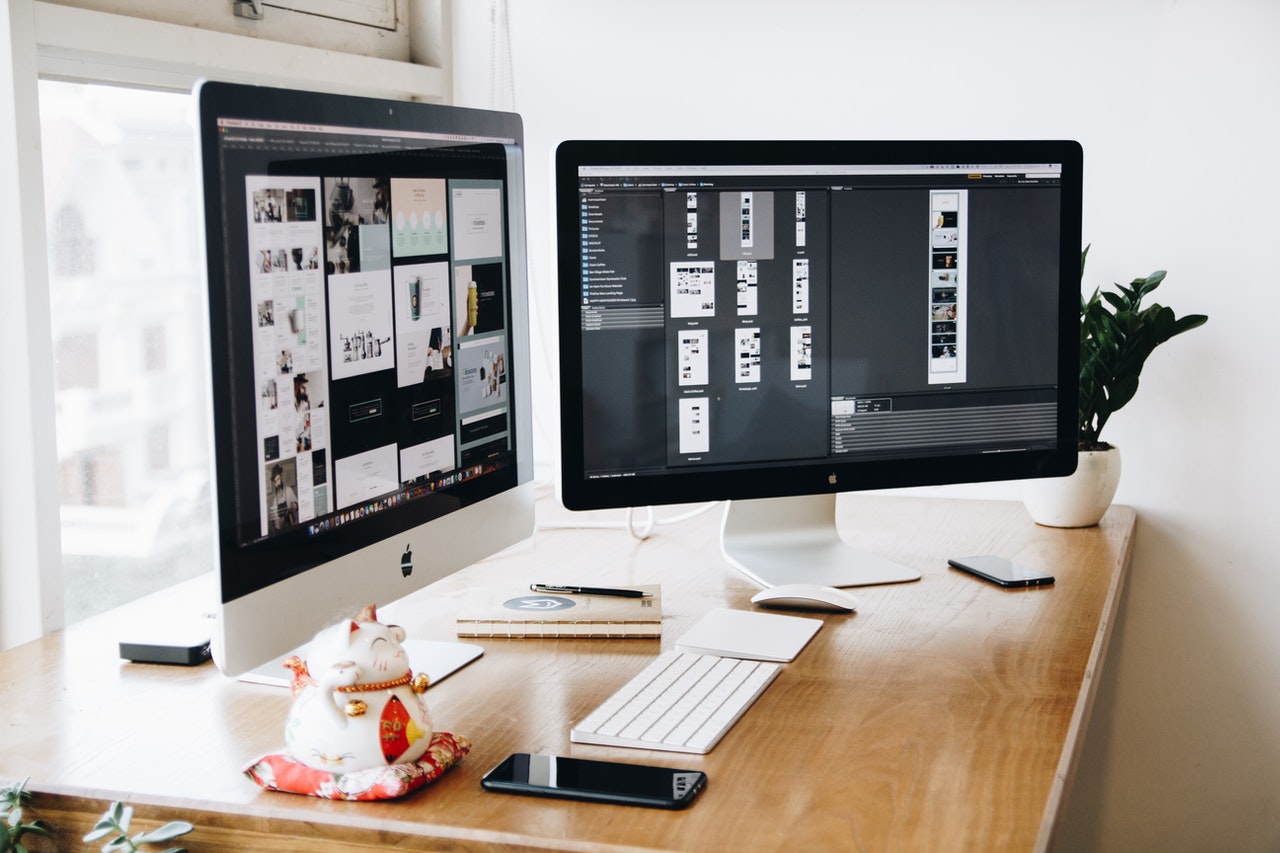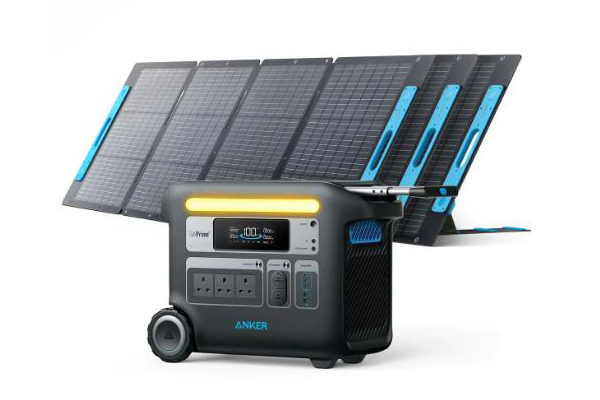We all know how crucial our smartphones are to our daily lives. It is our constant companion, providing us with entertainment, information, and a way to communicate with others. However, we also know that our phone batteries have a limited lifespan and need to be charged regularly. But, how many times is it okay to charge your phone a day? In this article, we will explore the ideal charging frequency for your phone and the effects of charging it too often or too little.
How Often Should You Charge Your Phone?
The frequency of charging your phone depends on various factors, such as your usage, battery capacity, and charging habits. The type of battery your phone has is also a significant factor in determining its charging frequency. Lithium-ion batteries are the most common type of battery used in smartphones. These batteries work best when they are charged frequently and do not go through full charge cycles.
Full charge cycles refer to the process of discharging the battery entirely and then charging it back up to 100%. Frequent full charge cycles can decrease the battery’s lifespan, and over time, the battery’s capacity will diminish. Therefore, it is best to charge your phone frequently but avoid going through full charge cycles.
Manufacturers usually recommend charging your phone when the battery level drops to around 20%. Some phone manufacturers also suggest charging the phone before it drops to 0% to prevent a complete discharge. So, charging your phone at least once a day is recommended to maintain optimal battery health and ensure that your phone is always ready for use.
Effects of Charging Your Phone Too Often
Charging your phone too often can have adverse effects on your phone’s battery and overall performance. Here are some of the effects:
Battery Degradation
Lithium-ion batteries have a limited lifespan, and frequent charging can cause the battery’s capacity to diminish quickly. Over time, the battery’s performance will degrade, and you may have to replace the battery sooner than expected.
Overheating
Overcharging or charging your phone too often can cause your phone to overheat. Overheating can damage your phone’s battery, and in severe cases, it can even lead to an explosion or fire.
Risk of Explosion or Fire
As mentioned earlier, overcharging your phone can lead to overheating, which can cause the battery to explode or catch fire. This is a rare occurrence, but it can happen. To avoid this risk, it is best to use the charger provided by the manufacturer and avoid using third-party chargers, which may not meet safety standards.
Economic and Environmental Impact
Charging your phone too often can also have an economic and environmental impact. Frequent charging can increase your electricity bills and consume more energy, leading to a higher carbon footprint.
Effects of Charging Your Phone Too Little
On the other hand, not charging your phone enough can also have negative effects on your phone’s battery and performance. Here are some of the effects:
Shortened Battery Life
Not charging your phone enough can shorten the battery’s lifespan, and over time, the battery’s capacity will diminish. This will result in a shorter battery life, and you will have to charge your phone more frequently.
Inconvenience and Interruption to Usage
Not charging your phone enough can lead to inconvenience and interruption to your usage. You may have to stop using your phone in the middle of an important task or miss out on important calls or messages.
Economic Impact
Not charging your phone enough can also have an economic impact. If you have to replace your battery sooner than expected, it can be costly.
Ideal Charging Frequency for Your Phone
The ideal charging frequency for your phone depends on your usage and charging habits. Here are some general guidelines to help you determine the ideal charging frequency for your phone:
- Charge your phone before the battery level drops below 20%.
- Avoid charging your phone to 100% or letting it drain to 0%.
- Use the charger provided by the manufacturer, and avoid using third-party chargers.
- Do not charge your phone overnight or leave it plugged in for extended periods.
- Avoid exposing your phone to extreme temperatures while charging.
By following these guidelines, you can optimize your battery life and ensure that your phone is always ready for use.
Here are some additional tips to help you optimize your battery life:
- Use power-saving mode when you are running low on battery.
- Reduce the screen brightness and turn off unnecessary features such as Bluetooth and Wi-Fi when not in use.
- Close apps that are not in use to save battery life.
- Avoid using your phone while it is charging, as this can cause overheating.
Lastly, here are some charging habits to avoid:
- Do not use your phone while it is charging.
- Do not charge your phone with a damaged charging cable or adapter.
- Do not charge your phone near water or in a damp environment.
- Do not expose your phone to direct sunlight while it is charging.
Conclusion
Charging your phone is essential, but it is crucial to know the ideal charging frequency to maintain optimal battery health and performance. Charging your phone too often or too little can have adverse effects on your phone’s battery and overall performance. Therefore, it is best to charge your phone before the battery level drops below 20% and avoid charging it to 100% or letting it drain to 0%. By following these guidelines and tips, you can optimize your battery life and ensure that your phone is always ready for use.





